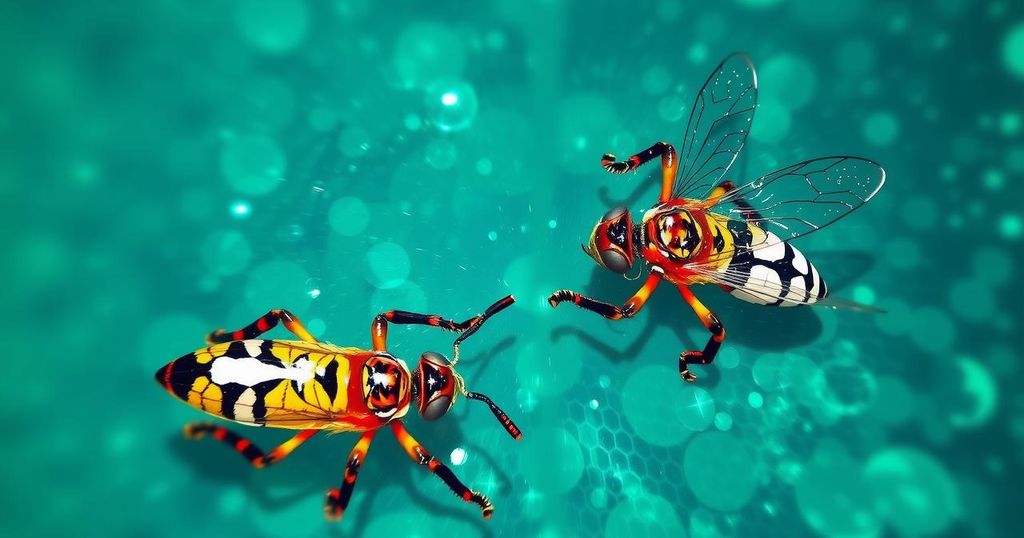Project 99: Enhancing Biological Risk Preparedness in Seychelles and Kenya
Seychelles and Kenya are developing a national biological risk assessment tool through Project 99 to identify and prepare for biological threats. A workshop gathered experts to assess risks and establish strategic responses, highlighting the importance of a ‘one health’ perspective. This initiative aims to create a framework that enhances preparedness against zoonotic diseases and other biological incidents over the next five years.
Seychelles and Kenya are collaborating to develop a national biological risk assessment tool aimed at identifying critical areas susceptible to biological incidents over the next five years. A workshop at the Savoy Resort and Spa in Beau Vallon gathered 30 specialists from diverse fields, including health and agriculture. This initiative is part of the European Union’s CBRN and Centres of Excellence Project 99, focusing on bolstering capacity and preparedness in Eastern and Central Africa against biological threats. Dr. Jimmy Melanie, representing Seychelles, articulated that this training lays the groundwork for mapping risks associated with rapid development that could pose chemical, radiological, and biological threats. The workshop particularly addresses biological risks, such as zoonotic diseases and toxic plant substances that might adversely impact human health. Melanie highlighted the necessity for Seychelles to identify specific risks, including zoonotic diseases like avian influenza. Following an initial training in Nairobi, where the tool was introduced, participants will refine their capabilities until the project concludes in 2026. Project 99 team leader, Scott Spence, emphasized that attendees will enhance their abilities to identify imminent biological threats. The workshop will encompass discussions on potential scenarios, including pandemics, and their implications for Seychelles and Kenya. The key expert, Joris Sprokholt, noted the importance of adopting a ‘one health perspective,’ indicating the interconnectedness of human, animal, and environmental health within the risk assessment framework.
The biological risk assessment initiative stems from a pressing need to prepare for and respond to biological incidents that may arise from various sources, including environmental changes and agricultural practices. With a growing concern about zoonotic diseases and their potential transmission to humans, the European Union has undertaken Project 99, involving eleven member countries, including Seychelles and Kenya. This project aims to enhance the capability of these nations to assess biological threats and devise appropriate responses, thereby ensuring the safety and health of their populations. Effective risk assessment tools are essential for identifying vulnerable areas and establishing preventative measures against potential biological hazards, thereby safeguarding both human and animal health.
In conclusion, Project 99 represents a significant step towards enhancing biological risk preparedness in Seychelles and Kenya through the development of a national biological risk assessment tool. This cooperative effort underscores the importance of cross-border collaboration and expertise in addressing biological threats. The training workshop signifies a proactive approach to identifying risks and preparing for potential biological incidents, ensuring a structured response framework to protect public health and environmental safety. Continued efforts in this area will strengthen the capacity of these nations to manage biological risks effectively and mitigate impacts on health and safety.
Original Source: www.seychellesnewsagency.com




Post Comment